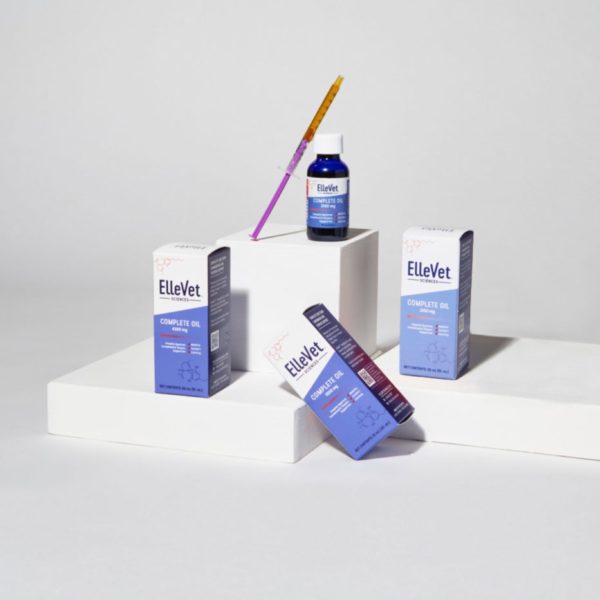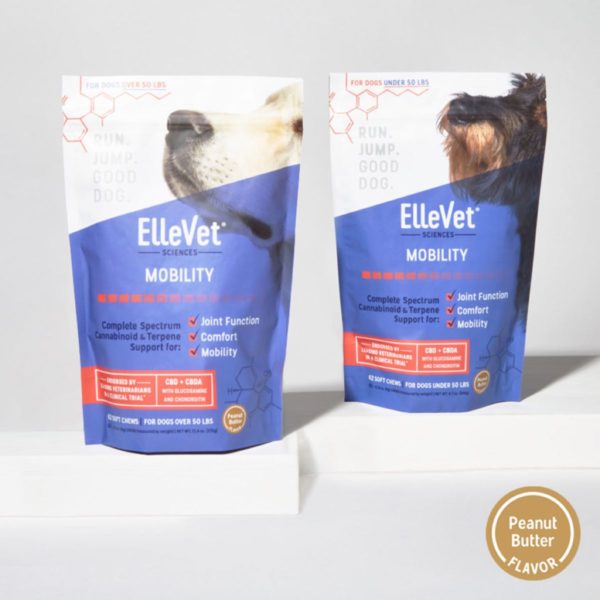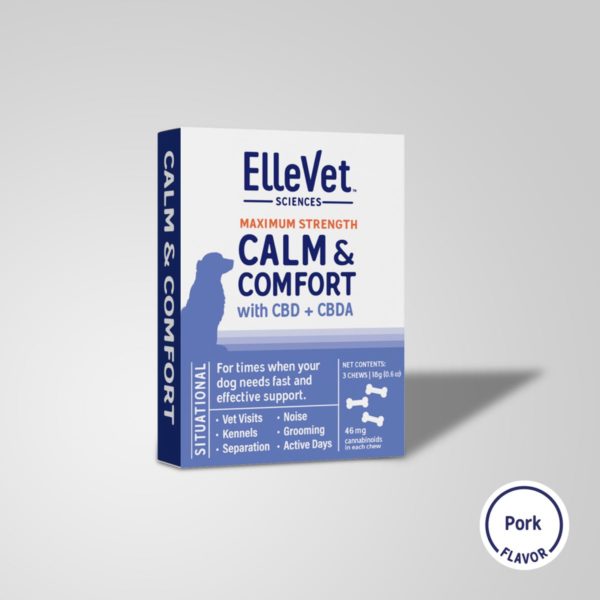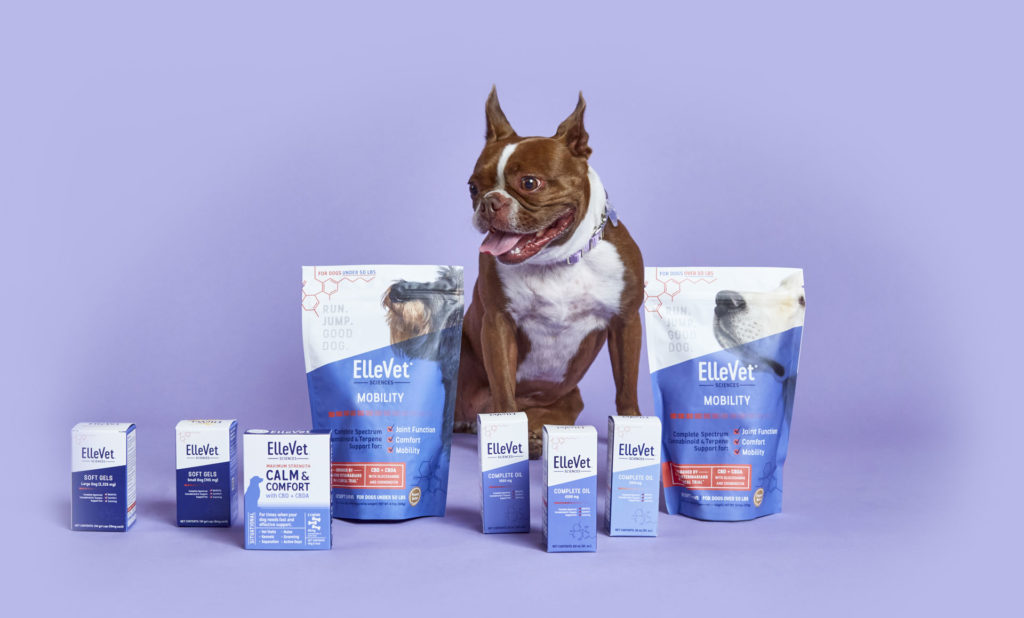In the relatively emergent field of the Endocannabinoid System (ECS), the compounds Δ9-tetrahydrocannabinol (Δ9-THC) and its non-psychoactive isomer cannabidiol (CBD), which are present in Cannabis sativa L. (hemp), are the stars of scientific study. CBD and Δ9-THC are exogenous cannabinoids and produce biological effects through their interactions with the cannabinoid receptors that make up the endocannabinoid system (ECS): CB1 and CB2.
These exogenous cannabinoids exist in their acid forms in fresh plant materials: Δ9-tetrahydrocannabinol acid (Δ9-THCA) and cannabidiol acid (CBDA). Technically, CBDA is considered pharmacologically “inactive.” However, emerging research is demonstrating that this may not be the case. The literature surrounding CBDA is limited compared to the phytocannabinoids CBD and Δ9-THC. But, there is evidence suggesting CBDA can have significant physiologic effects and even work in conjugation with CBD to affect ECS pathways involved with cancer, the central nervous system (CNS).
What is the Endocannabinoid System (ECS)
First, before diving into CBDA’s biological functions, here is a brief description of the ECS.
The ECS is a complex cell-signaling system identified in the early 1990s by researchers exploring Δ-9-THC. The ECS exists and is active in your body even if you don’t use cannabis and plays a crucial role in providing homeostatic balance to the nervous and immune systems.
Homeostasis is your body’s efforts to keep your internal environment stable and optimal. It does this by modulating neurotransmitter release and affecting pathways throughout the body. This means that when something in your body is not operating properly or optimally, the ECS is activated to help correct it.
The system is pervasive in mammalian species and has a presence in nearly all animals. The biological conservation of this system indicates its importance. The study of this system in both human and veterinary medicine has opened the door to novel approaches targeting pain management, cancer therapeutics, modulation of neurological disorders, stress reduction, anxiety management, and inflammatory diseases.
Where Is CBDA Found?
CBDA is found in the plant Cannabis sativa L., more commonly known as hemp. There is far less Δ9-THCA in the hemp plant. A 2015 University of Minnesota study notes that hemp is distinguished from other cannabis plants based on the relative yield of Δ9-THCA and CBDA. Hemp plants must contain less than 0.3% THC. An initial extraction from the C. sativa L. plant would have a high concentration of CBDA and not CBD.
What is CBDA?
CBDA is the direct botanical precursor of CBD. Scientists first isolated the compound in 1965. Through exposure to heat or sunlight, CBDA changes into CBD through a process called decarboxylation. In decarboxylation, CBDA loses the carboxyl group, which gives the compound its acidity. So, CBDA is a naturally occurring compound found in the raw hemp plant. It is present in raw hemp oil products and also in non-decarboxylated CBD oil products.
For many years, decarboxylated cannabinoids, like CBD, were considered the “activated” compounds, producing potent therapeutic effects. However, in the past decade, studies have proven that CBDA could have significant therapeutic value across various conditions, including cancer, anxiety, epilepsy, and treatment-resistant nausea and vomiting.
What Does CBD Do?
Neither CBDA nor CBD has psychoactive effects like Δ9-THC, and neither compound will get you “high.” There are many more studies on potential therapeutic indications for CBD than CBDA.
Several studies have described CBD as a multitarget molecule which maintains equilibrium in both the brain and the body, interacting with receptor proteins CB1 and CB2. CBD is a negative allosteric modulator of the cannabinoid CB1 receptor, meaning it changes the receptor’s shape and weakens its ability to bind with endogenous cannabinoids (eCBs), or cannabinoids that occur naturally in the body (as opposed to exogenous cannabinoids: CBD, CBDA). Thus, CBD inhibits the breakdown of eCBS, allowing the positive effects associated with the presence of eCBs in the body. Several conditions are linked to eCB deficiency in the human system, but scientists are still studying how eCB deficiency is correlated with disease.
What About CBDA?
Decarboxylation activates specific properties that are dormant in CBDA, but it also destroys some terpenes. Terpenes work with cannabinoids to enhance their overall impact. Thus, robust terpene content can produce the entourage effect, wherein the sum of parts (Terpenes + CBDA + CBDA) works better than the parts taken individually.
Research shows that using CBD and CBDA together can increase maximum potential health benefits. CBDA and CBD affect the regulation of different systems, so together, they can increase effectiveness. Further, evidence suggests that CBDA enhances CBD’s potency, thus maximizing the benefits associated with CBD.
CBDA on its own has been studied and has produced promising results.
Nausea
A 2011 and a 2013 study both demonstrated that CBDA reduced vomiting and nausea. The study showed that CBDA activated 5-HT1A serotonin receptors in a significantly more potent fashion than CBD. While serotonin is commonly known as a neurotransmitter involved with mood regulation, it also has a role in diverse physiological functions such as nausea, vomiting, and intestinal movements. Exciting in this breakthrough is CBDA’s remarkable success in reducing anticipatory nausea – the type of intense nausea experienced in cancer patients before chemotherapy before treatment has even begun.
ElleVet and CBDA
ElleVet uses a blend of CBD and CBDA in products, and is the only pet CBD+CBDA product proven to work in a clinical trial. Further, in a groundbreaking research study, ElleVet investigated CBD and CBDA absorption in dogs and that CBDA is better absorbed and retained than CBD. CBDA’s superior absorption and retention offer great promise in veterinary use, as this means a longer-lasting response with ElleVet products.
As scientists study endocannabinoids and their diverse therapeutic indications, the CBDA will likely be further addressed. This is just the beginning of what we know about the compound as a therapeutic agent.
The ElleVet Team
844-673-7287
[email protected]
-
 ElleVet Hemp CBD + CBDA Oil For Dogs$70.00 – $229.95
ElleVet Hemp CBD + CBDA Oil For Dogs$70.00 – $229.95 -
 ElleVet Hemp CBD + CBDA Chews$79.95 – $89.95
ElleVet Hemp CBD + CBDA Chews$79.95 – $89.95 -
 ElleVet Hemp CBD + CBDA Soft Gels$39.95 – $139.95
ElleVet Hemp CBD + CBDA Soft Gels$39.95 – $139.95 -
 ElleVet Calm and Comfort Chews$14.95
ElleVet Calm and Comfort Chews$14.95

